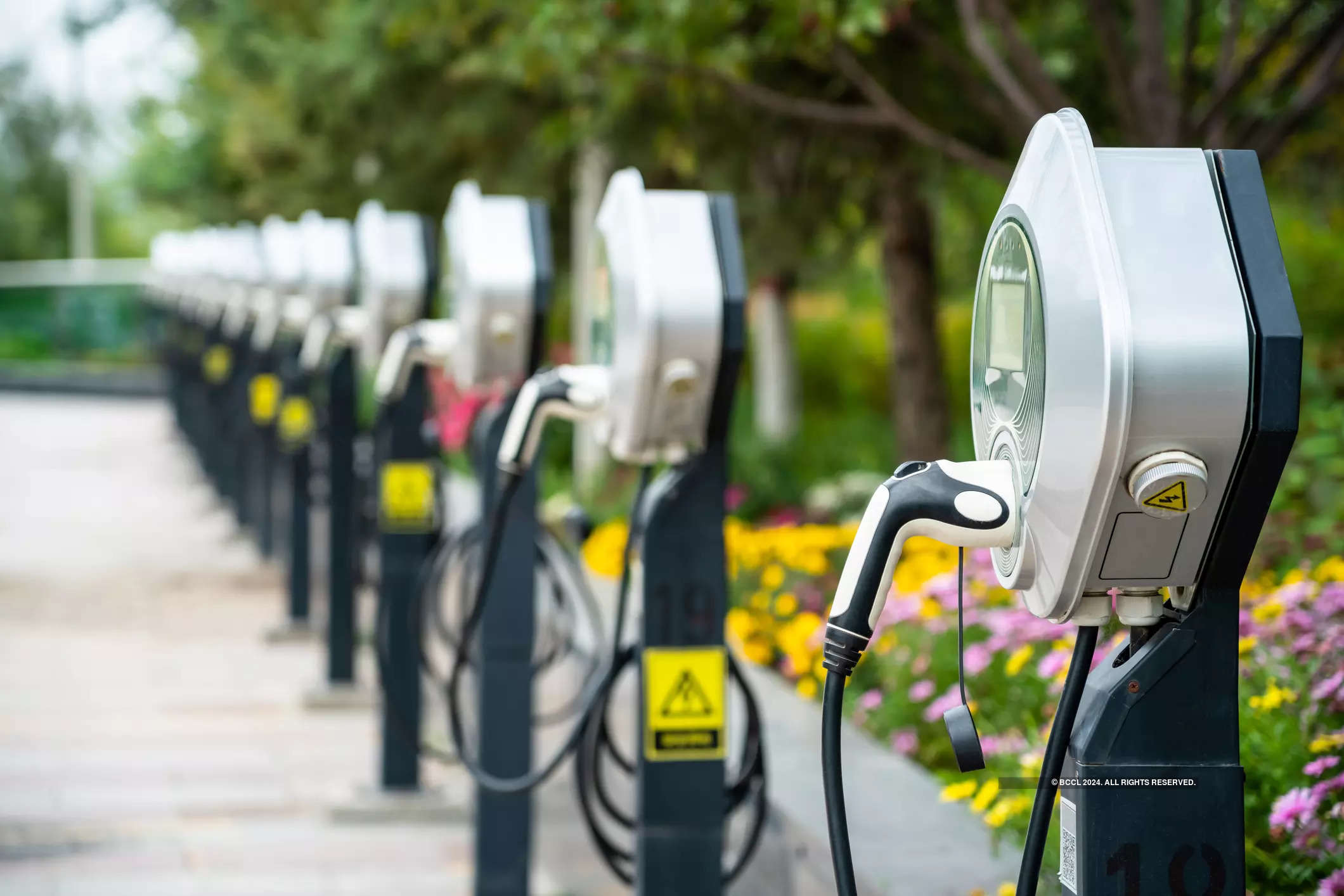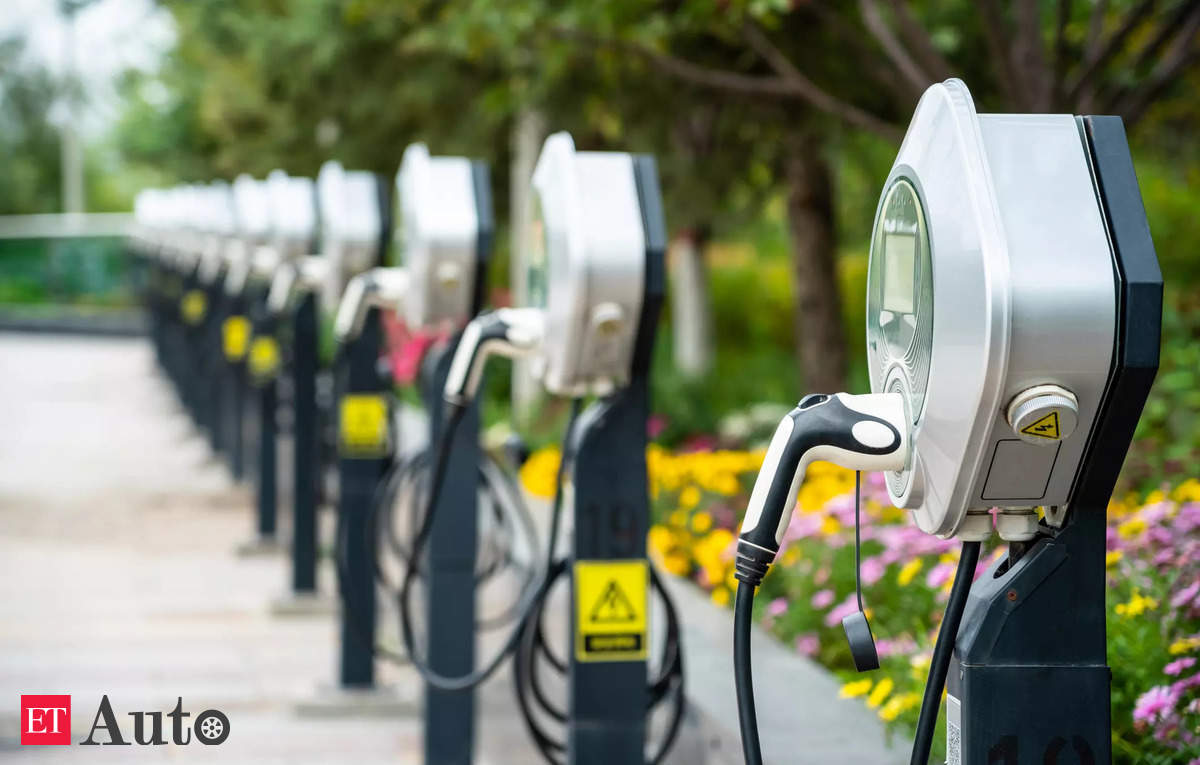
New Delhi: The Ministry of Heavy Industries (MHI) has released a new phased manufacturing program (PMP) for electric vehicle (EV) charger parts to support the FAME India Scheme Phase-II, aimed at boosting domestic manufacturing.
In a recent notification dated November 7, 2023, the government outlined a comprehensive list of charger components alongside their respective timelines for indigenization, meaning the switch to domestically manufactured parts.
The list includes essential parts like charger enclosures, internal wiring harnesses, and software for charge point operators (CPO) and management systems (CMS), with immediate effect from 1 December 2021. More complex parts such as power electronics and various types of charging guns are slated for indigenization by January 2023 and June 2024, respectively.
This policy stipulates that to be eligible under the FAME-II scheme, EV charger manufacturers must achieve a minimum of 50 per cent domestic value addition by 1 December 2024. This is calculated based on the ex-factory price of the charger minus the value of imported components, ensuring that a significant portion of the manufacturing value chain remains within the country.
The move is expected to incentivize the setting up of more public EV charging stations, which is currently seen as a bottleneck in the adoption of EVs due to range anxiety among consumers. By establishing a timeline for indigenous manufacturing, the government aims to reduce import dependency and foster a self-sufficient ecosystem for EV infrastructure.
To ensure compliance, the financial claims of domestic value addition will be supported by audited financial statements and verified by the testing agency of the ministry of heavy industries. This detailed manufacturing roadmap is anticipated to not only boost the local automotive parts industry but also align with the government’s broader goals of environmental sustainability and reduction of fossil fuel dependence.
The directive has been approved by the competent authority and is in line with the Government of India‘s vision of achieving a greater degree of self-reliance and boosting the domestic manufacturing sector as outlined in the ‘Make in India’ initiative.









